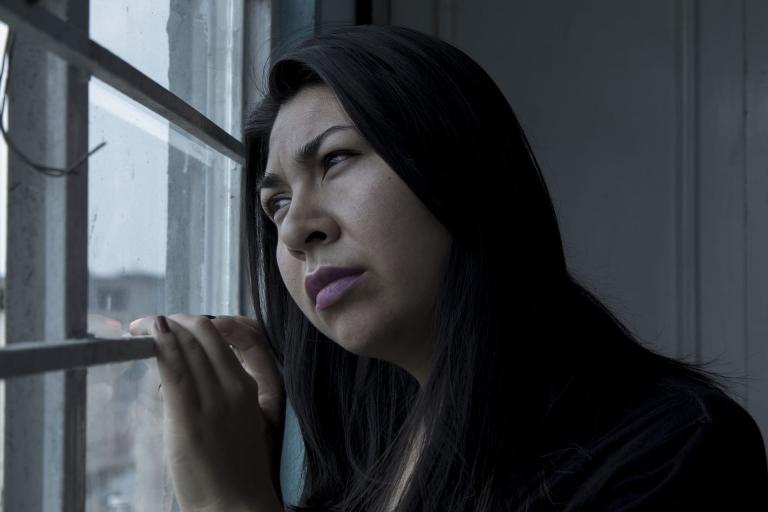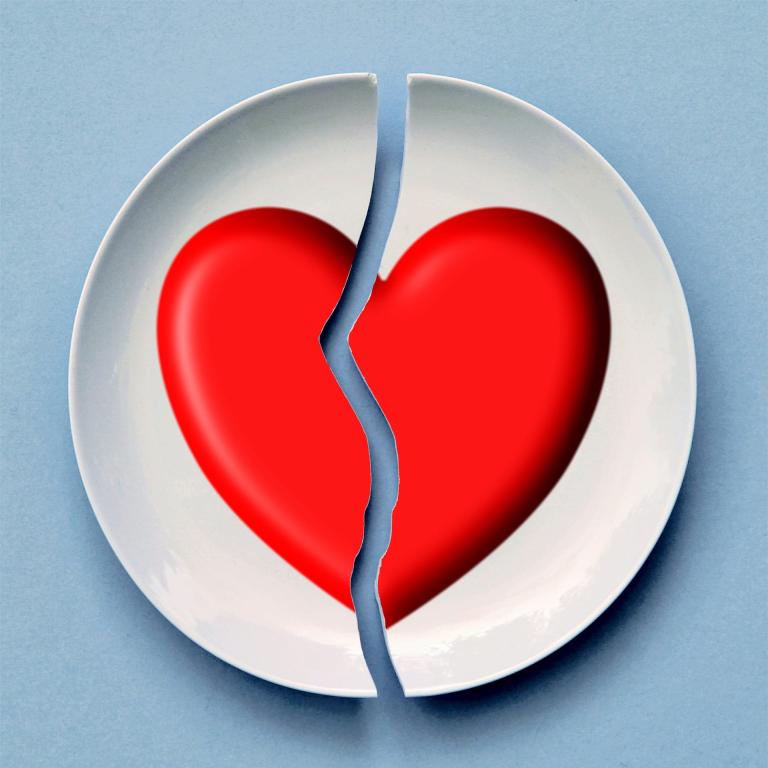Have you ever wondered why some people struggle with mental health more than others? Two people can go through the same experience and one copes well and the other does not? The answer has to do with our genetics, temperament and life experiences. All of these contribute to differences in how we function as adults. But one difference is very important to assess. It has to do with your early life experiences in the home.
Early family life is a big factor for predicting mental health issues later in life. Family life can either prepare you for coping as an adult or derail you. So what happens when home is not a nice place? As frustrations, stress and financial strain grow, coping breaks down. In some cases, homes can become places of intimate terror or emotional neglect. And this trauma can impact a child for life.
Please understand, it is not my intent to blame families. Rather, to bring attention to the importance of early family life. Early life experiences are foundational for our health and development. They set the stage for adult relationships. Stress and trauma can interfere with development and can send some children to mental health therapists. This is based on research.
One of the largest investigations conducted by Kaiser Permanente and the Center for Disease Control and Prevention (the CDC) from 1995 to 1997 found this to be true. The study looked at early childhood adversity experiences. They found that early childhood adversity had a lasting impact on a person’s mental health. Negative experiences in childhood and the teen years put people at risk for chronic health problems, mental illness and substance use in adulthood. The study identified 10 risk factors known as adverse childhood experiences (ACE).
In the best circumstances, we want to prevent any of the 10 risk factors from being a part of a child’s life. But not all children are so fortunate.
Here are the 10 risk factors known as Adverse Childhood Experiences (ACE) that make up an ACE score. Now, ACE scores don’t mean you will absolutely struggle, but they do put you more at risk. The rougher your childhood was, your scores will likely be high; the more you have to overcomes. But keep reading after you calculate your score because there are protective factors along the way as well.
What makes up the ACE score?
The ACE score is grouped together in 3 categories: The first group is under the category of abuse. This includes physical, emotional and sexual abuse. The next two risk factors are related to neglect—physical neglect and emotional neglect. And the third group is related to household environment. It includes five questions that you simply answer yes or no. Did someone in your family go to prison; was your mother or step mother treated violently; was someone in your household depressed or mentally ill or did a household member commit suicide; did you live with someone who was a problem drinker or alcoholic or used street drugs; and were your parents ever separated or divorced?
How do you calculate the ACE score?
The 10 factors listed above are given one point each. For example, if you were emotionally abused as a child, that is one point. If you suffered physical neglect, that is another point, etc. A total of 10 points is possible because there are 10 factors listed above. Once you calculate your ACE score, a score of 4 or above puts you at risk for adult mental health problems. Now, even if you have 4 or more ACE scores, there are protective factors that can still prevent problems in your adult life.
What are the protective factors?
There are several protective factors that can make a difference in a child’s life. One is childhood friendships. Another is good school performance and involvement. Another factor is a caring adult outside the family who serves as a role model or mentor. So Sunday school teachers, school teachers, neighbors, think how you could influence a child in a positive way.
Even in difficult circumstances, families who meet a child’s basic needs of food, shelter and health services do better. Other mitigating factors are caregivers who have a college degree, a job, a positive support network, and positive friends. Parents who can work through conflict, have fun and help their children through adversity make a difference as well.
One of the most important resiliency factors is faith. All of us have issues and brokenness in our lives but in Christ, our past is not prologue to our future. Christ can heal those deep hurts and bring peace to your soul. He can make you whole despite your past. Look what Christ did for Mary Magdalene and so many others in the Bible despite their past trauma. Jesus can transform your life and give you a hope and a future! So acknowledge the struggles but also understand, you can address these traumas and heal.



